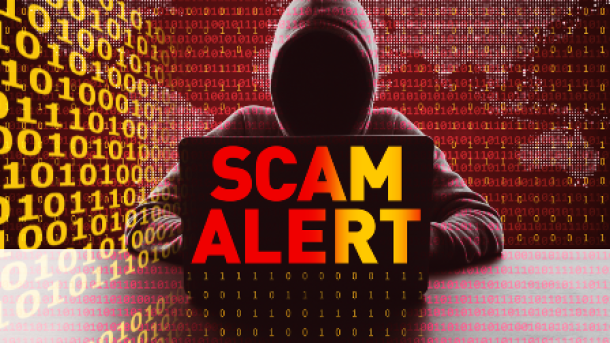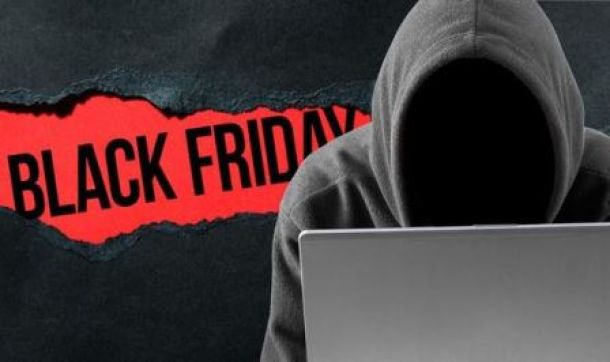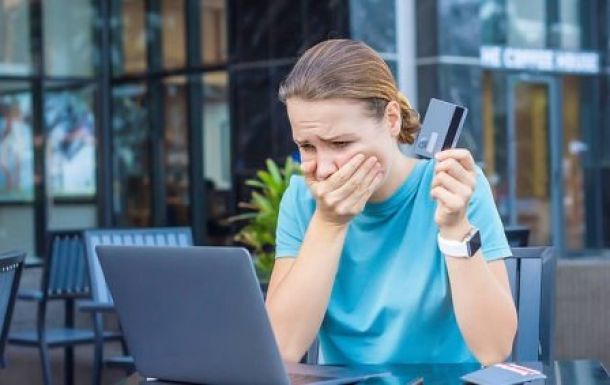Half of cigarette sales are illegal, says BAT
The tobacco industry continues to face rising number of challenges in SA including rising levels of trafficking and an increasingly uncertain regulatory environment.
British American Tobacco (BAT) SA estimates that 47% of the tobacco market in the country is controlled by illicit players, making it one of the largest in the world and costing the fiscus up to R9bn a year in uncollected tax as production volumes are concealed from the authorities.
Tobacco "yields are improving, but we face an even greater threat in the form of the illicit trade, which robs the legal industry of income and puts all the jobs and livelihoods in the tobacco value chain at risk", said Rudolf Otterman, chairman of Limpopo Tobacco Processors.
Globally, the illegal tobacco industry accounts for about 6% to 12% of consumption.
Illegal products are said to be far cheaper than legal cigarettes, taxed at a minimum of R16.30 per packet of 20, which illicit producers do not pay.
This, according to the tobacco industry players, means legal producers not only lose out to unlicensed competitors but have to compete for market share with unfairly priced products. The more the volumes of legal tobacco decline, the more it costs per kilogram to produce, threatening the sustainability of the sector.
Unit costs of tobacco rose from R4.12/kg to R4.92/kg (19.4%) from 2012 to 2016.
This could have severe implications for the economy and employment in the struggling agricultural sector.
"Farmers face enormous commercial challenges due to illicit trade, and as a result we are forced to purchase less leaf from them, resulting in job losses in the whole tobacco value chain," said BAT’s head of external affairs, Joe Heshu.
"It is not just the annual turnover in processed tobacco of more than R600m a year that is under threat. It is the job security of everyone in the value chain, from farm workers and commercial farmers to small-scale farmers," said Heshu.
Proposed regulations ostensibly meant to discourage smoking have created much uncertainty in the sector. Health Minister Aaron Motsoaledi has been pushing for two sets of regulations to control the smoking and sale of tobacco. One will ban indoor smoking and provide that when outside, smokers must be 10m from a window, entrance or walkway.
The other will limit the display area for the sale of tobacco products to 4m² for tobacconists and 1m² for other retailers. It allows one sales unit per premises for cigarettes, pipe tobacco, snuff and tobacco-related paraphernalia. Retailers and wholesalers will face fines of up to R1m for noncompliance.
Farmers face enormous commercial challenges due to illicit trade, and as a result we are forced to purchase less leaf from them, resulting in job losses in the whole tobacco value chain
Joe Heshu
BAT
News Category
- International retailers
- On the move
- Awards and achievements
- Legislation
- Wine and liquor
- Africa
- Going green
- Supplier news
- Research tools
- Retailer trading results
- Supply chain
- Innovation and technology
- Economic factors
- Crime and security
- Store Openings
- Marketing and Promotions
- Social Responsibility
- Brand Press Office
Related Articles

Steps to stop shoplifting in your business

Beware of scam artists during the festive seaso...

Shoprite crackdown: Criminals get 24 life sente...

Top scams to watch out for as you enjoy this ye...


